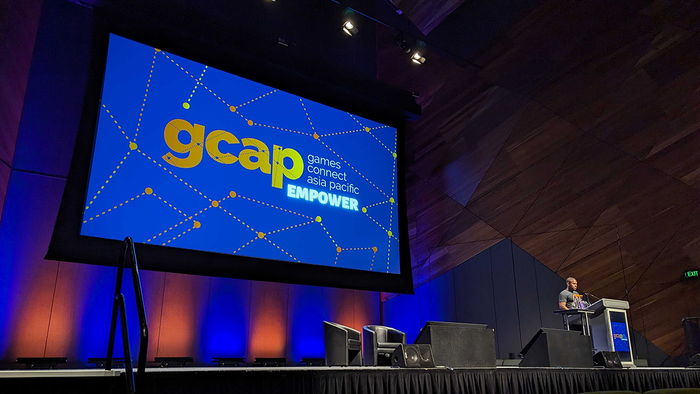Video (screencast) :7 Ways to Learn Game Design
This is primarily for beginners, not for experienced pros. There are many ways to start learning game design (which is different from game production). You can pursue more than one route simultaneously, even all seven at once.

This is primarily for beginners, not for experienced pros, of course.
Here is the text of the slides. The video includes much more than this text, of course.
7 Ways to Learn Game Design
Dr. Lewis Pulsipher
Pulsiphergames.com
“Game Design” channel on YouTube
It’s not Game Production
Game design isn’t about programming or art or sound
It’s about specifying how the game works, how it plays, which has to be enjoyable for players in your target market
Video games are software, but nothing in game design requires software
See “10 ‘Need to Knows’ about Game Design” on my Game Design YouTube channel (http://www.youtube.com/user/LewGameDesign )
Preliminary Considerations
You won’t be good at it, when you start out
Just as with most anything else that’s complicated
Just as with most big games you might play!
If you think it’s simple, you’ve got a big problem to overcome
What makes you a good game player, isn’t what makes you a good game designer
So forget about your gaming prowess
It’s not about “getting ideas”, it’s about execution
It’s a list, but not either/or – do several at once
Start with tabletop games
Start with Gamemaker
Start with the combination of Unity and Playmaker
Make small modifications to existing games
Read - a lot (and listen)
Take online classes
Earn a degree
Start with Tabletop Design
You don’t need programming skills to make tabletop games – you do need such skills (which have nothing to do with game DESIGN) to make software
You can’t “hide behind the computer” in tabletop
You can make quick changes and see how gameplay changes
Much harder to do with software games
I discuss this at greater length in my “Learning Game Design” online course
Start with Gamemaker: Studio
Originally created for learning (on PCs), but there are some commercial games made using this engine
Free version (though there’s a “pro” as well): https://www.yoyogames.com/studio/download
Drag and drop interface, no coding required
But it has coding built in
Excellent tutorial books available
Start with Unity and Playmaker
This is a favorite combination of university instructors
Unity is a professional, but inexpensive (free just for learning) development system
Used now by many developers for commercial games
Can be converted to many platforms
Make Small Modifications to Existing Games
For video games, this would be levels, using a level editor included in the game
More extensive modding requires extensive programming skills
For tabletop, make variants of well-known games such as Risk, Settlers of Catan, Diplomacy, even chess
Read - a Lot - and Listen, Too
Read about game design
Books, magazines, blogs
But also, read about how the world works, good history, good economics, good literature, etc.
Challenge yourself in your reading
Listen to podcasts, watch videos
Take online classes
But lots of classes with “game design” in the title are actually about game development, especially programming
In fact, aside from my own classes, there are just one or two MOOCs that are very basic
I recommend my own classes (of course!)
Take a degree in games
Be very careful
Lots of private, for-profit schools take advantage of student dreams
Many “colleges” are not regionally-accredited colleges, so the degree generally doesn’t count as a real degree
National accreditation, oddly enough, doesn’t count
Many “game degrees”, even when called game design, teach almost no game design, or the instructors have no clue
Often because the degree is offered to provide students for programming instructors to teach
Even not-for-profit degrees are very expensive (exception: community colleges)
In the end, you must Complete games
There is no substitute for completing games
Who cares about half-completed (half-baked?) games?
No one who counts in game development
You have to show you can do it if you want to be hired
Intention counts for little, it’s ACTION that counts
You have to submit a complete game to a publisher, not something partly finished, certainly not just an idea
More detail?
I discuss this topic at greater length in my online courses “Brief Introduction to Game Design” and “Learning Game Design, as a job or a hobby”
More info (and discount URLs (coupons)) at PulsipherGames.Com
Read more about:
BlogsAbout the Author(s)
You May Also Like







